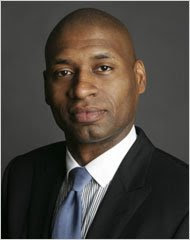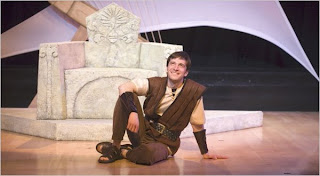The major Catholic Church reform organisations in the United States are in the process of organising a large scale, joint meeting in 2011 tentatively titled an “American Catholic Council”. Catholica is aware discussions have been underway between leaders of the largest reform organisations such as Call to Action (CtA), Voice of the Faithful (VoTF), and the Association for the Rights of Catholics in the Church (ARCC) and leaders of a number of other major lay organisations have also been involved in the discussions and are at various stages of consulting their wider memberships. Combined these organisations have tens of thousands of members. The scale of this initiative is of particular interest as it could well be the largest lay-generated reform initiative that has ever occurred anywhere in the world. The development might suggest that the continued attrition in Church membership is now cutting into sectors of the population who are no longer prepare to leave the Church without voicing their criticisms of where the ecclesial leaders have been taking Catholicism.
The idea has been promoted for a number of years by the President of ARCC, Professor Leonard Swidler, but recent developments including Pope Benedict’s visit to America earlier this year and the clearly decisive divisions that have emerged between the outlooks of the lay faithful in America and their bishops in the recent Presidential election appear to have added impetus to the initiative.
In a newsletter sent to ARCC members on Friday Professor Swidler writes:
The Reform Movement of the Catholic Church in America — in the spirit of Vatican II — is on the cusp of a “Great Leap Forward”, to borrow a phrase from Mao. ARCC has for several years been promoting the idea of all the major Catholic Reform groups in the U.S. joining together in an American Catholic Council to move our common agenda forward. That Great Leap Forward is now being launched! The largest of the American Catholic Reform organizations– Call to Action and Voice of the Faithful–are on board, along with, of course, ARCC, and others.
Professor Swidler goes on to outline four major points that have been agreed upon in the discussions that have taken place at the leadership levels of the reform organisations. They are:
The basic Resources of the American Catholic Council are the documents of Vatican II and the processes and documents of the 1976 Call To Action led by the National Council of Bishops and involving massive numbers of laity, religious, and priests. The major focus will be on church governance. None of the diverse concerns of the various U.S. Catholic reform organizations will be attainable unless there are structural means to work toward their implementation. That means, minimally, striving for Catholic Church decision-making structures that are built on the democratic principles of accountability, transparency, representativeness, and due process of law.
There will be the widest possible solicitation of input from all levels of Catholics around the country. Techniques that have already been discussed include national public hearings (as was done in 1976), approaches to parish organizations as well as organizations of laity, religious, and clergy, internet and other electronic means. Concrete suggestions in this area are especially solicited from you!
The initial aim will be the coming together of thousands of chosen delegates and interested Catholics from around the country in an American Catholic Council in the year 2011.
This interesting news item was found in an Australian Catholic website, www.catholica.com.au

